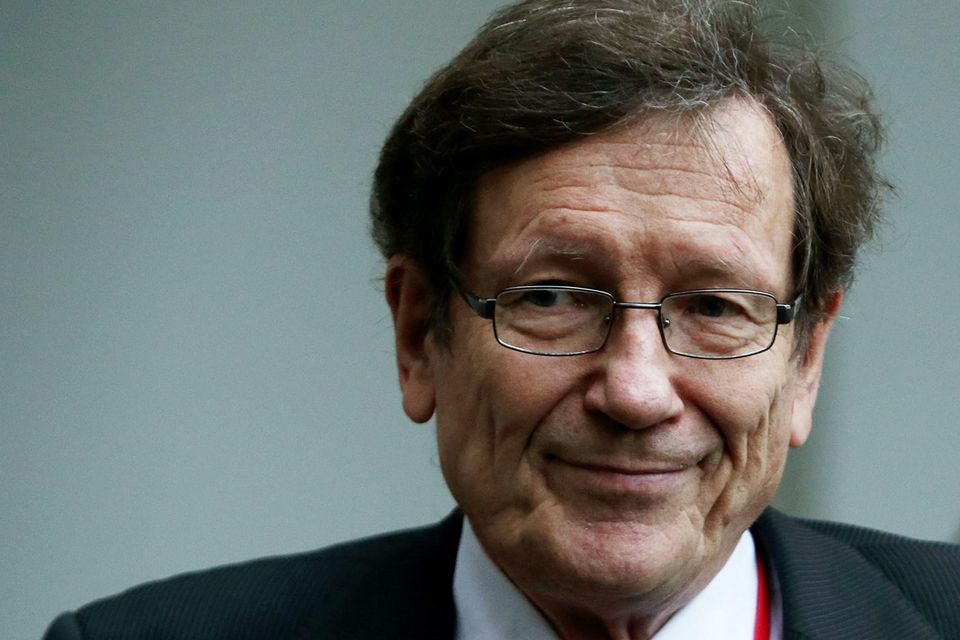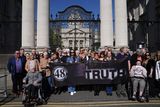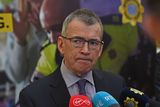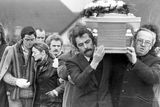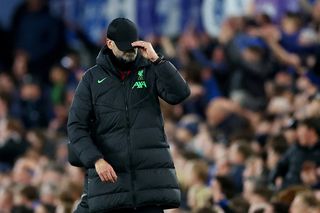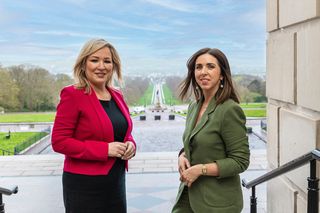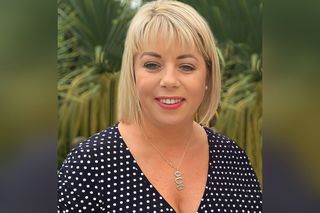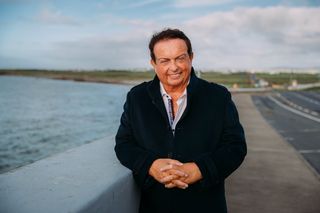Editorial: Bank Inquiry must cut to the chase
Finnish banking expert Peter Nyberg's knowledge of the Irish crisis is second hand. Photo: Brian Lawless/PA Wire
The Banking Inquiry is off to a bad start. After just a day, the probe is in danger of fulfilling the worst fears of a sceptical public.
More than six years after the financial crash brought the country close to its knees, the inquiry into how that actually came about finally got under way yesterday.
The Committee will sit again today but the members will then up-sticks for the best part of a month. Hearings are not set to resume until January 15.
No doubt there are reasons for the timetable, but it sends a shocking signal about the lack of urgency, even now that the probe is finally up and running.
Committee members did the public, and themselves, few favours with the selection of Finnish banking expert Peter Nyberg as their first witness.
It is difficult to understand that selection. Mr Nyberg is no doubt a bright and respected man.
He knows a lot about what happened here in the crash because he was the lead author of a report into the Irish crisis published in 2011.
But Peter Nyberg’s knowledge of the Irish crisis is second hand. The findings of his report are well known and have been available for every member of the Banking Inquiry Committee to read for three years.
If they wanted to know what his conclusions were, they could have read his book. They heard them again yesterday.
The Bank Inquiry was always going to be hemmed in by legal and technical constraints.
Like it or not, that is the system we have.
The committee is banned from making findings against individuals, but the inquiry can still get to the heart of what happened by publicly questioning those who were actually there. An informed public will be well able to draw conclusions – if direct, first-hand, testimony starts to be presented.
The Committee is free to choose the witnesses it wants to hear from, and the members are free to ignore the usual Dail calendar.
If the public hearings don’t cut to the chase soon, an angry public may start demanding an enquiry into the inquiry.
Is another abortion debate needed?
Whether intended or not, Leo Varadkar's comments on the "restrictive" nature of the 8th Amendment to the Irish Constitution on abortion has catapulted various interest groups into a new abortion debate.
The tragic case of a pregnant, brain-dead woman being kept alive on life support will also fuel what is a bitterly divisive issue for the country and for Fine Gael.
The Minister for Health said he found the amendment "too restrictive" and it had a "chilling" effect on doctors.
This will not be a welcome development for An Taoiseach Enda Kenny, who possibly hoped that, with the water charges protests dying down, he and his Government might glide into a period of calm over the next 18 months.
Mr Varadkar's comments may be seen as undermining his party leader.
But the issue will not go away.
And, 31 years after the 'right to life' referendum, Mr Varadkar is perhaps correct in advancing a case for a review of what many believe is the inhumane prohibition of abortion in certain cases.
Join the Irish Independent WhatsApp channel
Stay up to date with all the latest news
